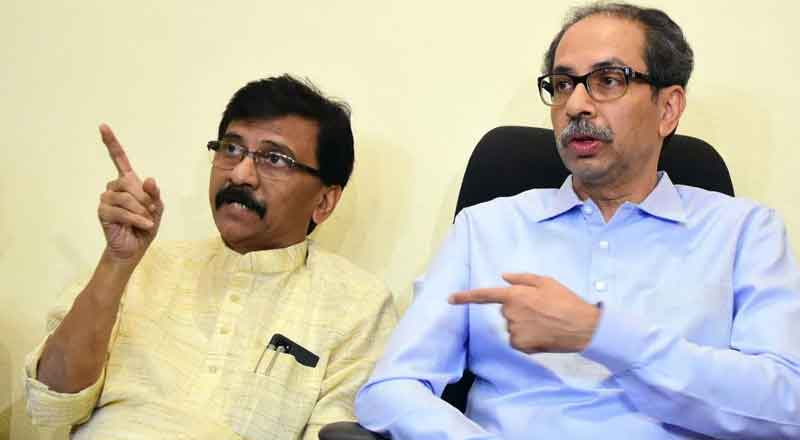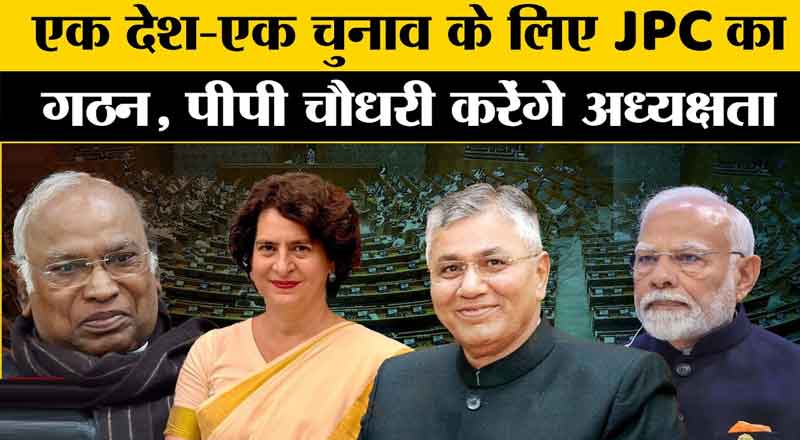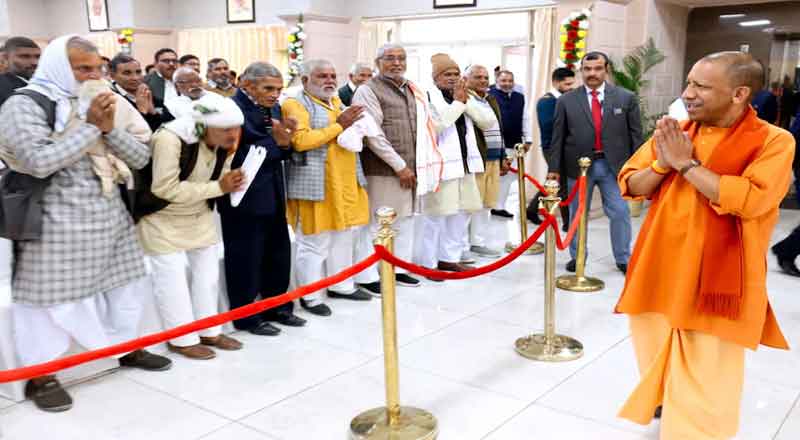What is ‘One Nation, One Election’?
‘One Nation, One Election’ is a proposal to synchronize elections for the Lok Sabha, state assemblies, and local bodies, conducting them simultaneously across India. Advocates argue it could reduce election costs and streamline governance. However, the proposal has sparked widespread debate, with critics concerned it could weaken federalism, disrupt electoral cycles, and centralize power at the expense of states.
Kerala Assembly’s Strong Opposition
The Kerala Assembly unanimously passed a resolution on Thursday rejecting the Central government’s plan to implement ‘One Nation, One Election.’ The resolution, presented by Parliamentary Affairs Minister MB Rajesh on behalf of Chief Minister Pinarayi Vijayan, urged the Centre to roll back its approval of the proposal recommended by the Ramnath Kovind panel. Labeling the move as “undemocratic and unconstitutional,” the Kerala Assembly voiced concerns over its potential to undermine India’s federal structure.
Concerns Over Federalism and Electoral Mandates
Rajesh argued that the proposal posed a significant threat to the country’s federal system, which allows states to exercise electoral autonomy. He emphasized that synchronizing elections would cut short the terms of state assemblies and local self-governments, thus violating the people’s mandate. “This decision undermines democratic rights by usurping a state’s power to hold elections on its own schedule,” Rajesh stated.
Election Costs: A Flawed Argument
While the proposal is framed as a cost-saving measure, Rajesh criticized the narrow focus on financial expenses, asserting that viewing elections as a burden is both “undemocratic and simplistic.” He suggested there are more effective ways to reduce costs without compromising the constitutional integrity of India’s electoral system.
A Challenge to India’s Diversity
The minister warned that implementing simultaneous elections would weaken India’s diversity and pluralism, which are the core strengths of its democracy. Rajesh also alleged that the move is part of the BJP and RSS agenda to centralize power. He called it “an attempt to manipulate the democratic framework in favor of the ruling party.”
Kerala Assembly Unites in Opposition
The resolution, amended with suggestions from opposition UDF MLAs, was passed unanimously by the House. Kerala’s firm opposition highlights the deep concerns about preserving the decentralized and pluralistic nature of India’s democratic processes, challenging any move to impose a uniform electoral system across the country.
(With inputs from agencies)





